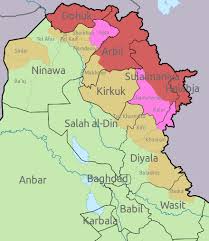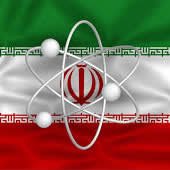(Anadolu Agency) The significance of the Kurdistan Regional Government’s unilateral decision to hold a referendum for secession from Iraq cannot be overstated. Both the arguments in favor of and against the Kurdish Regional Government’s referendum have been based on some incomplete and misleading statements and wrong assumptions, which I will critically review and attempt to correct in this brief commentary. I hope that a more accurate picture of what is happening and its historical significance will emerge in the course of such a correction.
Referendum fractured not just Kurdish-Shiite but also Kurdish-Sunni Arab alliance
First of all, in his first address to the public through the official Kurdish news channel Rudaw in Iraq, Masoud Barzani, the leader of the Kurdish Regional Government, declared that, “you were the ones who announced that the Kurdish-Shiite alliance is over; there is no purpose of continuing an unsuccessful experience.” However, Barzani’s statement is incomplete in the sense that perhaps the greater significance of the KRG’s referendum for secession is not the end of the Kurdish-Shiite alliance, but the end of the Kurdish-Sunni Arab coexistence going back more than a thousand years. The significance of this development cannot be overstated, as Arabs and Kurds have been living together and deeply influenced each other since their conversion to Islam thirteen hundred years ago (many Kurds even claim and take pride in being the second major ethnic group to convert to Islam, after Arabs). Arab-Kurdish split has been underway in Syria for many years now, where the Kurdish socialist PYD, supported by the United States military, has taken over many Arab towns such as Tel Abyad, and driven out (or “ethnically cleansed”, to use a terrible euphemism) a significant portion of the Arab population of northeastern Syria. […]
Read More © Anadolu Agency











